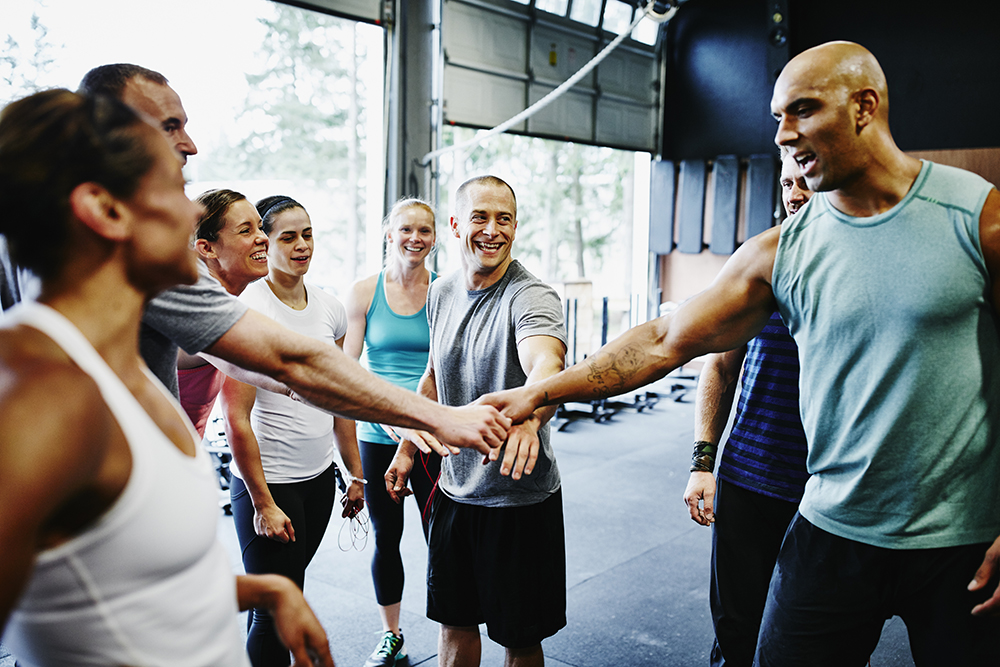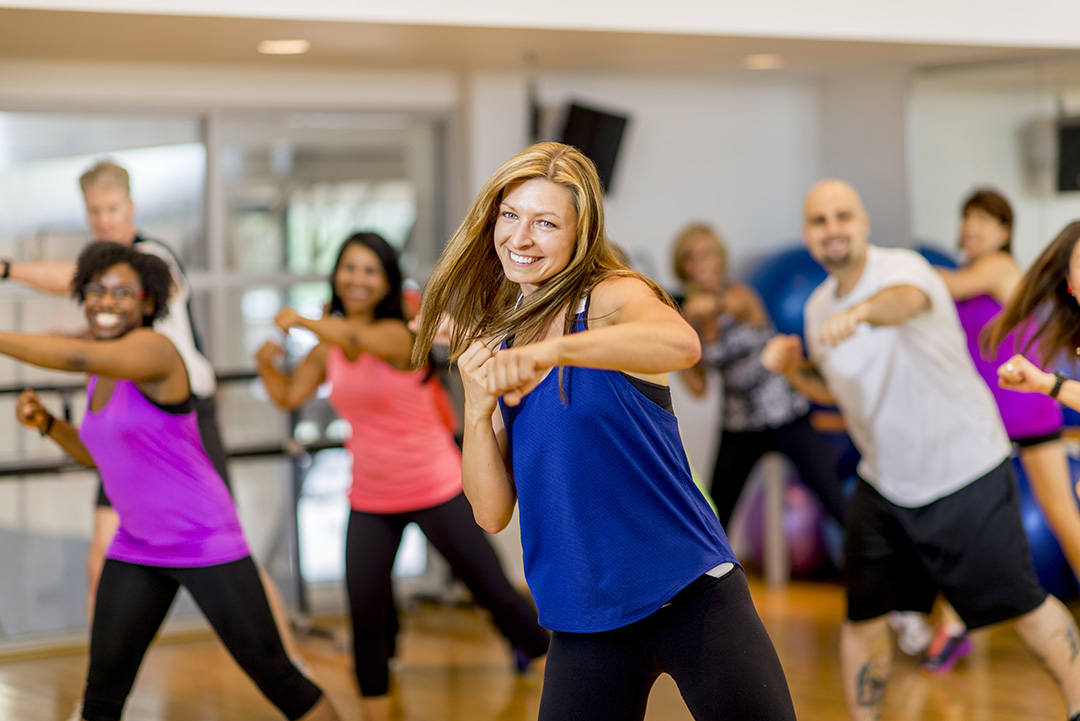[ad_1]
Setting the Foundation for a Successful Career in Health and Fitness
Whether you work in health and fitness full-time or part-time or simply sub a group fitness class when needed, you are positioned to make a profound difference in the lives of others. With most Americans still not meeting the minimum physical activity recommendations to improve health and well-being, health and exercise professionals like you are needed to cultivate environments and opportunities for physical activity. Here are four things you can do right now to set a strong foundation for a successful career.
1. Commit to being a lifelong learner.
Whether you are preparing for your first certification exam, or you’re a college student majoring in exercise science, commit to a professional development plan now. The body of knowledge associated with health and fitness is rooted in a wide range of academic disciplines, including anatomy, physiology, physical education and psychology. It is impossible to learn everything at once. Your degree or certification is important in helping to establish your professional identity and credibility, but you should view it as your starting point. Regularly seek out opportunities to learn and grow. Specialty certifications, journal articles, workshops, and health and fitness conferences are all great resources for professional development.
2. Find a mentor.
I have had several mentors over the course of my career. These people have been sources of encouragement and have challenged me to do hard things that have been necessary in attaining many of my career goals. Find someone who is a little ahead of you on their professional journey. They will be an invaluable resource by helping you get involved in professional organizations and supporting you in the process of building your professional network. It is important to find a mentor who will be candid with you and provide constructive feedback when necessary. This will be paramount to your growth and success.
3. Know your scope of practice (and stay within it).
Scope of practice describes the services that a professional is qualified to offer. You became a health and exercise professional because you have a desire to help others. Currently, it is estimated that six in 10 Americans live with one or more chronic health conditions. This means that over the span of your career, you will undoubtedly encounter people managing one or more of these conditions, or some other type of injury or illness. You have an important role in helping these individuals maintain activity levels that contribute to their health and overall quality of life. However, this is where your scope of practice ends. Never attempt to diagnose or offer treatment suggestions for medical conditions. It is natural to want to help when someone is hurting or experiencing discomfort, but often the most helpful thing you can do is refer someone to a more qualified professional. Consider building a network of referrals that include dietitians, orthopedists, athletic trainers and physical therapists. When a client has a question about a complex medical issue, you can send them to a qualified professional who can offer the help that they need.
4. Prioritize inclusion.
Health and exercise leadership is person-centered work. Unfortunately, our industry is not immune to the problems of stereotyping, bias and even discrimination. Weight bias is pervasive in almost every facet of life, including the health and fitness industry. Blacks, Hispanics, people with disabilities and older adults are disproportionality impacted by low levels of activity and higher prevalence of chronic diseases. Although research related to physical activity levels of the LGBTQ+ community is not yet well established, we know we have work to do to ensure safe spaces for physical activity for all people. It will take a multilayered approach to achieve global health equity.
As a health and exercise professional, commit to this work now. Learn about the biases and stereotypes that you may hold—both conscious and unconscious—and challenge yourself to develop new patterns of thinking. Seek out opportunities to educate yourself about groups, cultures and subcultures outside of your own. Make your fitness classes and personal-training sessions safe spaces for everyone and do what you can to make your services accessible to anyone who could benefit.
My health and fitness career has given me so much. I have witnessed the magic of movement and physical activity in my own life and in the lives of countless others. A single exercise session can change your mood, and regular physical activity can yield enduring health benefits. I truly believe that health and fitness leadership is mission-driven work. Trends will come and go in this industry, but our mission will remain: Let’s get people moving and keep them moving.
Looking for your next ACE Certified Specialty?

[ad_2]
Source link



